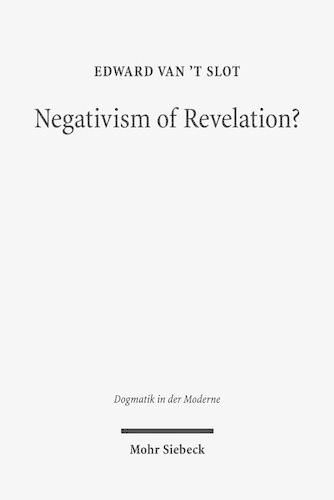Readings Newsletter
Become a Readings Member to make your shopping experience even easier.
Sign in or sign up for free!
You’re not far away from qualifying for FREE standard shipping within Australia
You’ve qualified for FREE standard shipping within Australia
The cart is loading…






What do those who believe ‘have’ when they ‘have faith’? What traces does the experience of faith leave in the believer’s existence? And can theologians assure that their studies will genuinely have something to do with ‘the wholly Other’? Dietrich Bonhoeffer (1906-1945), operating within the framework of Karl Barth’s (1886-1968) theology, addressed those questions in order to complete this framework. The ensuing dialogue between those great theologians affords us a deeper insight in fundamental concepts such as ‘revelation’, ‘faith’, ‘christological concentration’, ‘analogy’, ‘church’ and ‘discipleship’. In this study, Edward van ‘t Slot reads this dialogue with regard to both its historical and its theological significance. He shows what Bonhoeffer means when he attacks Barth’s 'positivism of revelation’, and compares it with Barth’s earlier ‘negativism of revelation’.
$9.00 standard shipping within Australia
FREE standard shipping within Australia for orders over $100.00
Express & International shipping calculated at checkout
What do those who believe ‘have’ when they ‘have faith’? What traces does the experience of faith leave in the believer’s existence? And can theologians assure that their studies will genuinely have something to do with ‘the wholly Other’? Dietrich Bonhoeffer (1906-1945), operating within the framework of Karl Barth’s (1886-1968) theology, addressed those questions in order to complete this framework. The ensuing dialogue between those great theologians affords us a deeper insight in fundamental concepts such as ‘revelation’, ‘faith’, ‘christological concentration’, ‘analogy’, ‘church’ and ‘discipleship’. In this study, Edward van ‘t Slot reads this dialogue with regard to both its historical and its theological significance. He shows what Bonhoeffer means when he attacks Barth’s 'positivism of revelation’, and compares it with Barth’s earlier ‘negativism of revelation’.